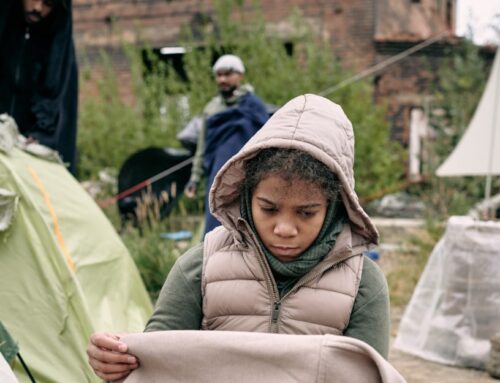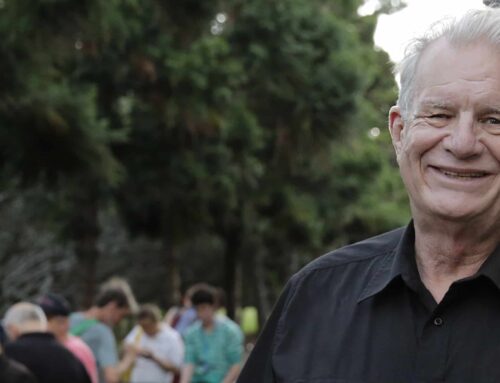I gotta confess, I have never read any of the Bronte sisters works. Not Wuthering Heights, Jane Eyre, any of them. In a sexist kind of male way I probably felt they were more women’s books and while not actively staying away from them, just read other books I thought were more interesting.
My daughter Alex is quite the opposite. She’s a bit of a boffin and studied the Bronte sisters work at University.
I am here in London at the moment and Alex talked me into going with her all the way up to Yorkshire to spend the day visiting the Bronte house in Haworth. The Bronte house has been restored to its 19th century condition and is now a museum of all things Bronte.
I literally did not know what to expect. What struck me was the incredible beauty of the countryside. The rolling green hills. The village itself consisted of a series of stone buildings and cobbled streets. One is immediately thrown back to the 19th century as if frozen in time.
I had no idea the effect visiting their house would have on me. You walk up past the church through a narrow walkway separating the church from a hall where Charlotte taught the children. In my mind’s eye, I could see the girls in dresses of that period doing whatever young women of that age, time and environment did.
Their father was a clergyman and it was surprising how quickly for me the time scale between then and now disappeared. All the rooms of the house were decorated as they would have been in their time. Each room had furnishings and items from those years and personal items of the Bronte’s.
The rooms were very small by todays and Australian standards. But entering those rooms and peering closely at all the items brought you so close to the family you could almost touch them. You could feel the sadness of the father, Rev. Patrick Bronte who lost his wife when their sixth child was just a baby. You could feel the sadness at the death of Charlotte too, particularly as she was rumoured to be pregnant when she died. In fact, the father outlived all his children. Something I couldn’t even bear to contemplate.
I found staring and being part of all this brought a closeness that was almost too intimate even for today. It was possible to get so close to the Brontes’ that you could almost feel the body odour, if you know what I mean, and I remember thinking “this is just getting too close”. Every minute part of that family was on display for all to see and experience every neurosis, every death, success and failure, sense of despair and hopelessness and alcoholism was there.
In a way you can’t go there without examining your own life in a similar way. I could see that through many of the tourists who were there as they reminded me of vampires, sucking on the emotions of others to fill missing parts of their own persona.
Maybe I’m being too harsh.
What struck me was that ministry today is probably no different to ministry then. The father and family suffering their own wounds of this life struggling together while trying to minister to an equally suffering congregation.
After he buried his first wife he sent his first two daughters to a school which even in those days was a “hard place”. Those two daughters eventually died and I guess out of sadness he kept the rest of the children close to him. He then educated his other children himself. The children developed a rich internal life probably as a result of so much suffering within and all around them.
Out of all of the goings on, the sufferings and the interactions of that little family in that quaint little house came the greatest books of English literature. It really makes you wonder at where creative genius can fall and question where it all comes from.
What also made an impression on me was that the Bronte sisters first wrote under male names. At that time no-one thought that women could write as passionately and as realistically as they could. No-one believed women could write the language they wrote. That language at times was pretty tough.
Any minister would tell you their children get a really good picture of life as it really is and I could feel a real bond across the centuries of minister’s children in that regard.
But for me it’s personal. I wondered how much that little family would appreciate all of us traipsing through their rooms, sensing their presence, microscopically examining their possessions, discussing their personal foibles and then going home to our 20th century creature comforts.
We all have sadnesses and regrets in our lives and we want most of them to die with us. To have them all on display like I saw in the Bronte house leaves me feeling sad for that little family because I wonder how they can rest in peace while others are continually raking through the coals of a fire that should have been allowed to burn out years ago.




